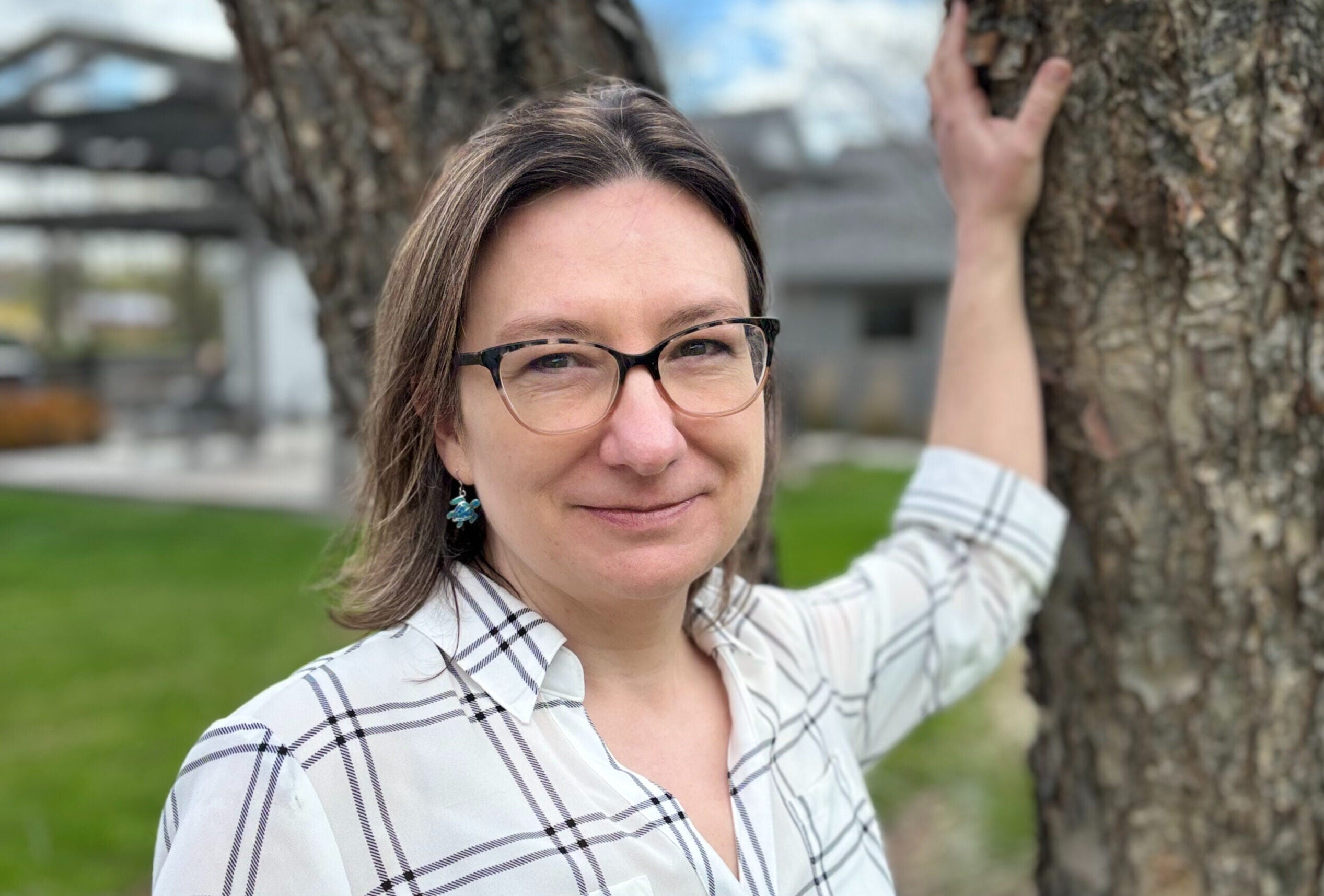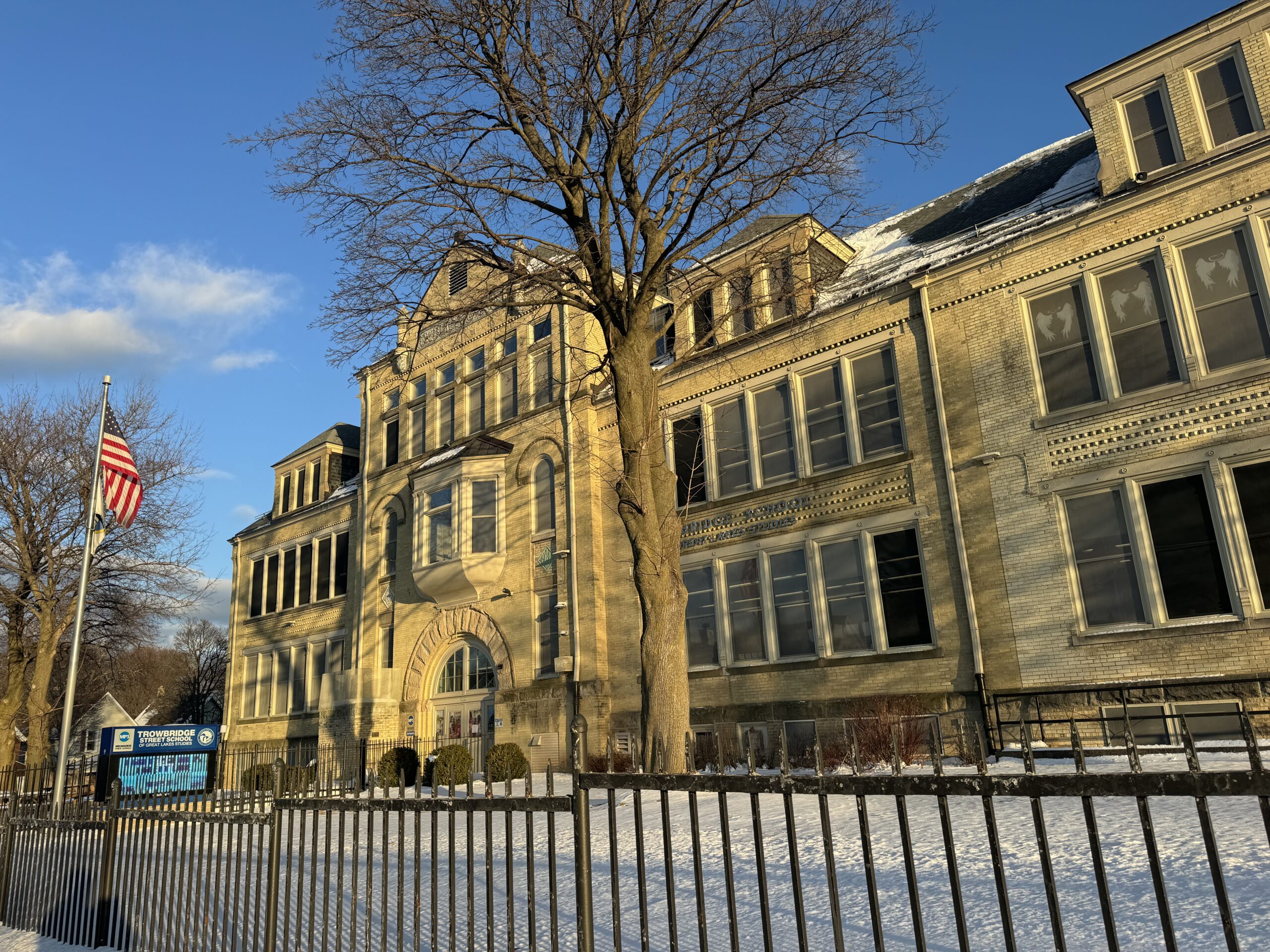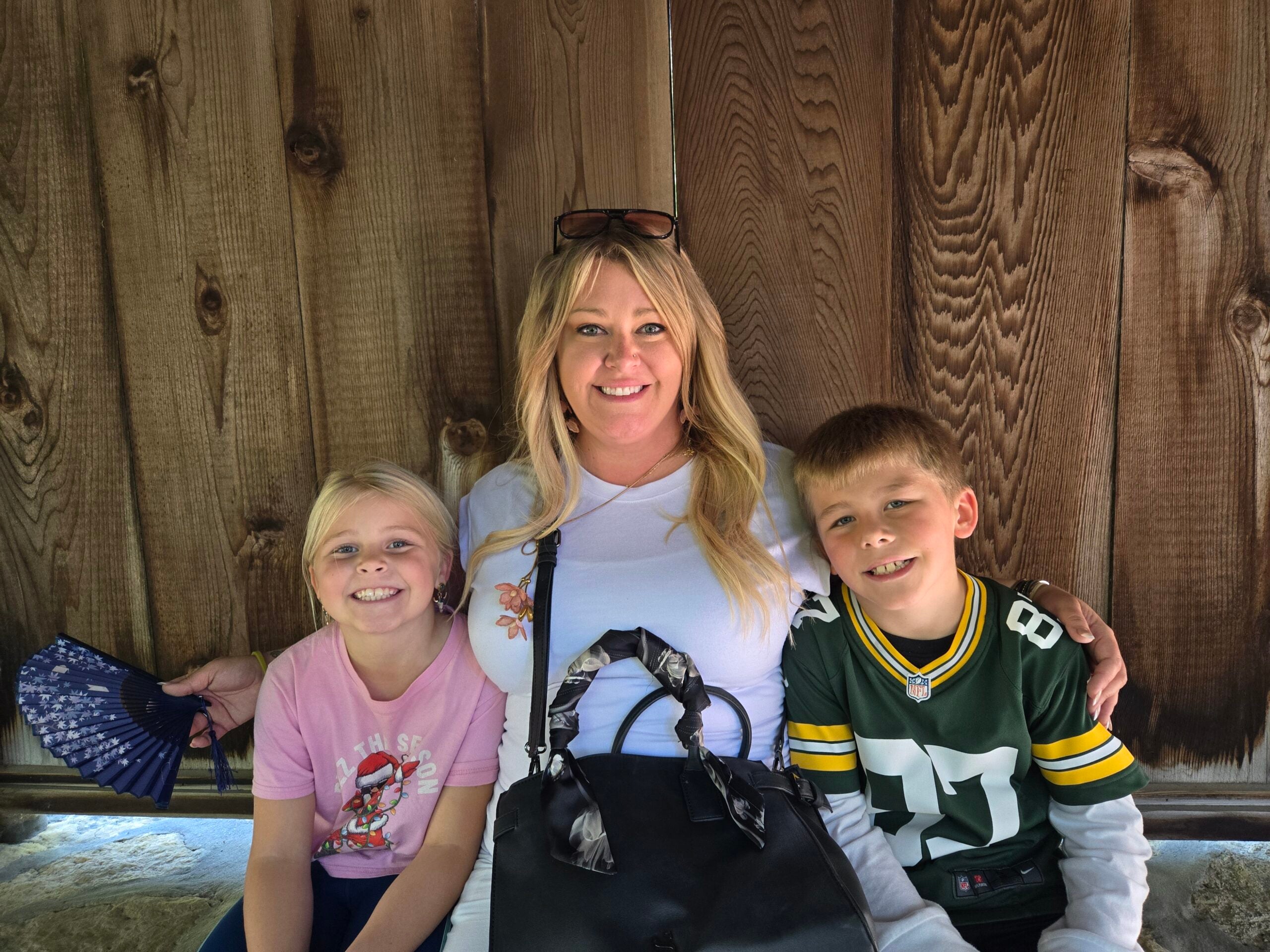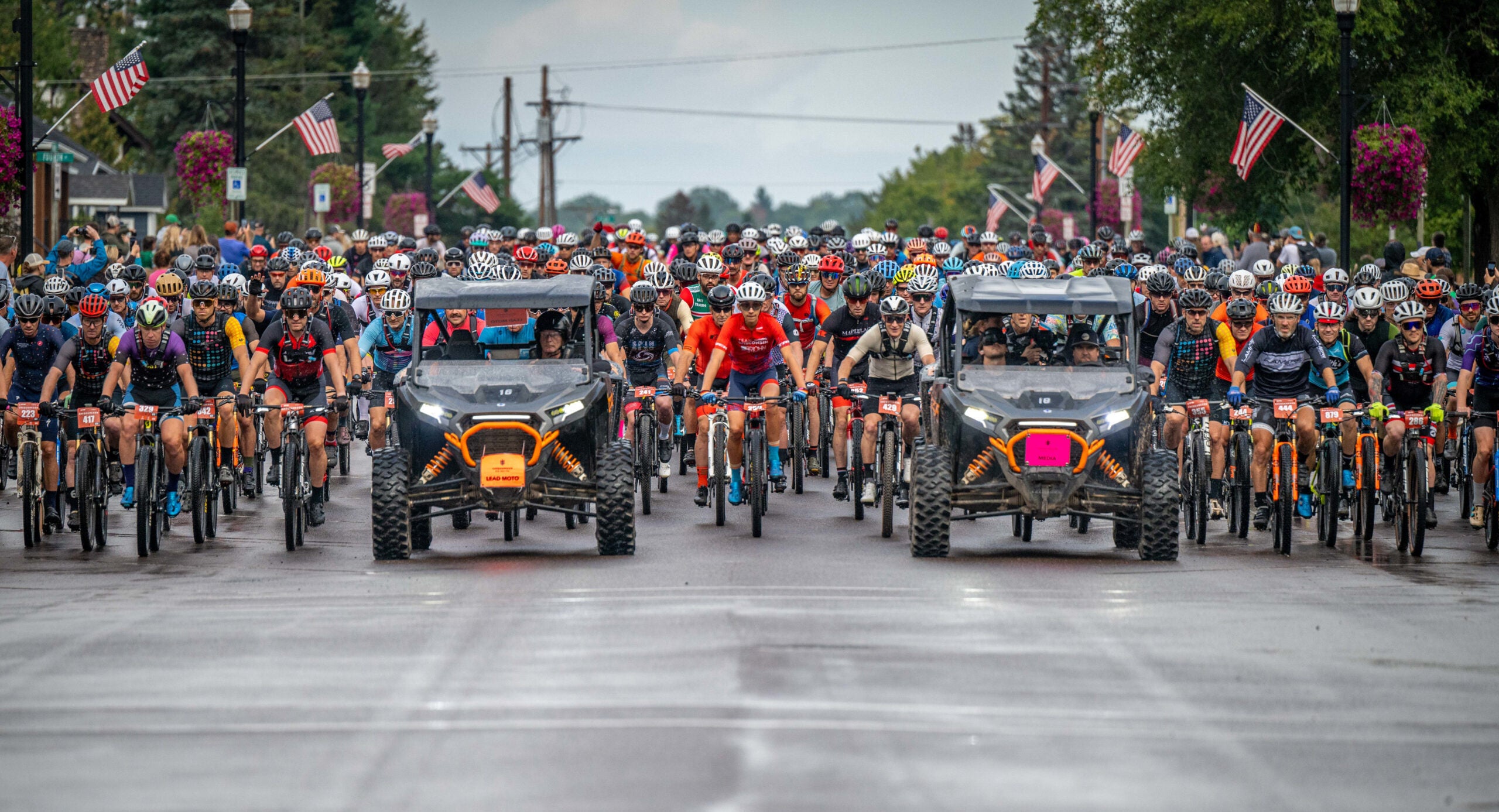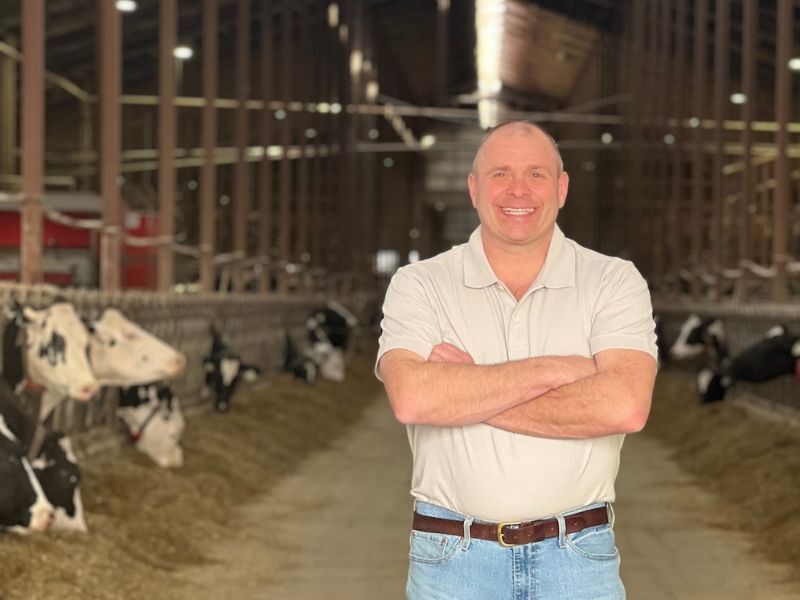Candidate Jane Kleiss describes herself as a problem solver — and the problem she says is of greatest concern to residents of the new 75th Assembly District is health care.
Kleiss is facing off against Republican Duke Tucker of Grantsburg in the redrawn district that has moved west on the map, so much so that its former western boundary is now its eastern limit.
That’s left towns that were formerly in its heart, including Barron and Rice Lake, in a new 67th District, and with them, Rice Lake resident and incumbent 75th District Rep. Dave Armstrong. He’ll now be running in the 67th District.
News with a little more humanity
WPR’s “Wisconsin Today” newsletter keeps you connected to the state you love without feeling overwhelmed. No paywall. No agenda. No corporate filter.
Originally from East Tennessee, Kleiss is a graduate of Mary Baldwin University in Virginia. She moved to Wisconsin in 2007 and left a corporate career not long after that to work at Cafe Wren in Luck.
She then started her own personal chef business, Jane’s Just in Time Meals. Kleiss and her husband and son live in Sterling, where she serves on the Board of the local theater company. She spoke with WPR’s Robin Washington on “Morning Edition.”
This interview has been edited for brevity and clarity.
Robin Washington: Why are you the best candidate to represent the 75th district?
Jane Kleiss: I have this great knack for problem solving in my life. I’ve found I don’t tend to look at problems the same way as everyone else. I’ve found time and time again talking to a lot of people around here that they run right down the middle, politically speaking. And it’s been really interesting to talk to them about frustrations about the state Legislature failing to move forward on things. It’s come across to a lot of people as playing partisan games.
I’ve never been a huge partisan. I can see the benefit of considering all viewpoints to get good, strong solutions to the issues facing our communities, like being able to access childcare. Also in ways the government can help support people — not through handouts, but just making sure that we’ve got the infrastructure we need to be successful in our rural communities. I can see where government can be there to help support people in their darkest hours and really help support healthy communities and really access all the opportunities that our area affords us.
RW: What’s the single biggest issue facing the district and how can the Legislature address it?
JK: Being able to access health care when we need it. We’ve seen in neighboring districts health systems closing down, and leaving moms to travel quite a long way when they’re in labor.
We can do better than this in our state. When you’re having a health care emergency, the stress of having to drive an extra hour to access care shouldn’t be part of your worries at that point.
RW: The question of a wolf hunt has gotten much attention in the region and taken up much of the time at the Department of Natural Resources. The area saw a wolf killed by a young man just last month. Your district has farmers who may be concerned about their livestock as well as environmentalists concerned about protecting the wolf. Is there room for compromise here?
JK: I think there is room for compromise. I do believe that it’s an issue best managed by the experts in the field and should be left to the DNR to make the appropriate decisions to manage the wolf population.
We can continue that discussion on how it’s handled and how we can help farmers who may unfortunately be losing livestock and make sure that they’re protected as well.
RW: Your district now borders on the St. Croix River, which goes into the Mississippi. There’s been a lot of talk about PFAS in rural Wisconsin. What does the legislature need to do? And if it’s money, how does it balance against other needs?
JK: This issue in particular is near and dear to my heart. We live eight miles from the river. It’s such a beautiful waterway, we really do need to address PFAS contamination.
It’s my understanding that we have funds that have been budgeted and approved and they’re just being held up in the Joint Finance Committee.
I believe that was due to some issues about liability. I think there are a lot of ways we can address this, but we have to move it forward.
RW: How do you strike a priority versus other needs? There’s only so much money.
JK: There is only so much money, but we do currently have a budget surplus. I think that this is one of those areas where we don’t so much have a money problem, we have a priority problem.
RW: Is there any Republican-backed initiative in the Legislature that you can get behind? This is keeping in mind that we don’t know which party will be in control in the next term.
JK: I find on a number of issues that people aren’t all one side or all the other in their views. There’s a lot of room for compromise and creative problem solving.
That’s one of the areas that I’ve really excelled in. We get our best solutions when the opposing viewpoint is considered.
